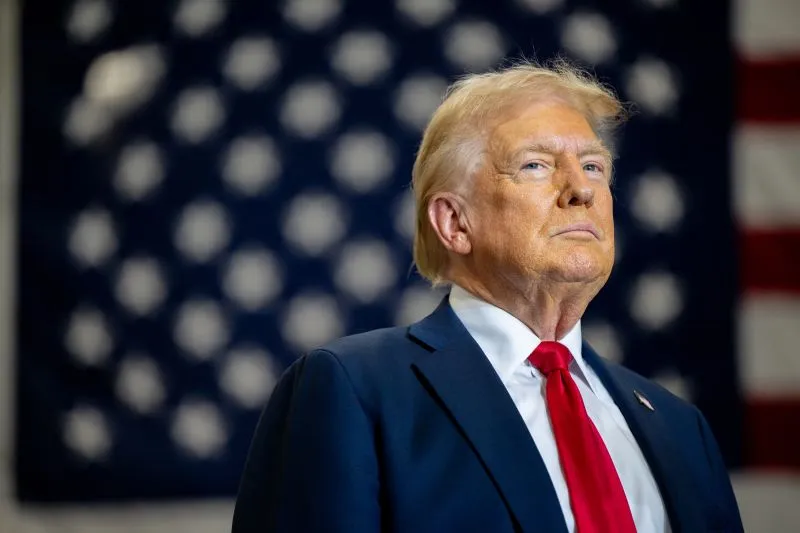Trump’s Economic Policies and Their Impact on Inflation and Employment

Unpacking the Study's Findings
The analysis conducted by the Peterson Institute for International Economics highlights that Trump's proposals, including extensive tariffs and immigration policies, could yield higher inflation and lower job opportunities across multiple sectors. Specifically, a lower employment rate of 2.7% by 2028 and inflation surging up to 6% are predicted even under more favorable scenarios.
Potential Scenarios Analyzed
- In a low-impact scenario, efficiency decreases by 2.7% by 2028.
- In a high-impact scenario, employment drops by 9%, with inflation spiking to 9.3%.
- The GDP is forecasted to be 9.7% lower by the end of Trump's term.
Economic Implications of Tariffs and Deportations
Trump’s tariffs, which he champions as revitalizing American manufacturing, paradoxically may harm the very workers he aims to protect. Employment dips in sectors reliant on imports and expert analyses suggest widespread economic distress could ensue without adequate policy adjustments.
Fed Independence at Risk
Trump's inclinations towards exerting influence over the Federal Reserve could result in detrimental effects on inflation and overall economic stability. The potential erosion of Fed autonomy poses risks of heightened inflation and reduced living standards for Americans.
This article was prepared using information from open sources in accordance with the principles of Ethical Policy. The editorial team is not responsible for absolute accuracy, as it relies on data from the sources referenced.